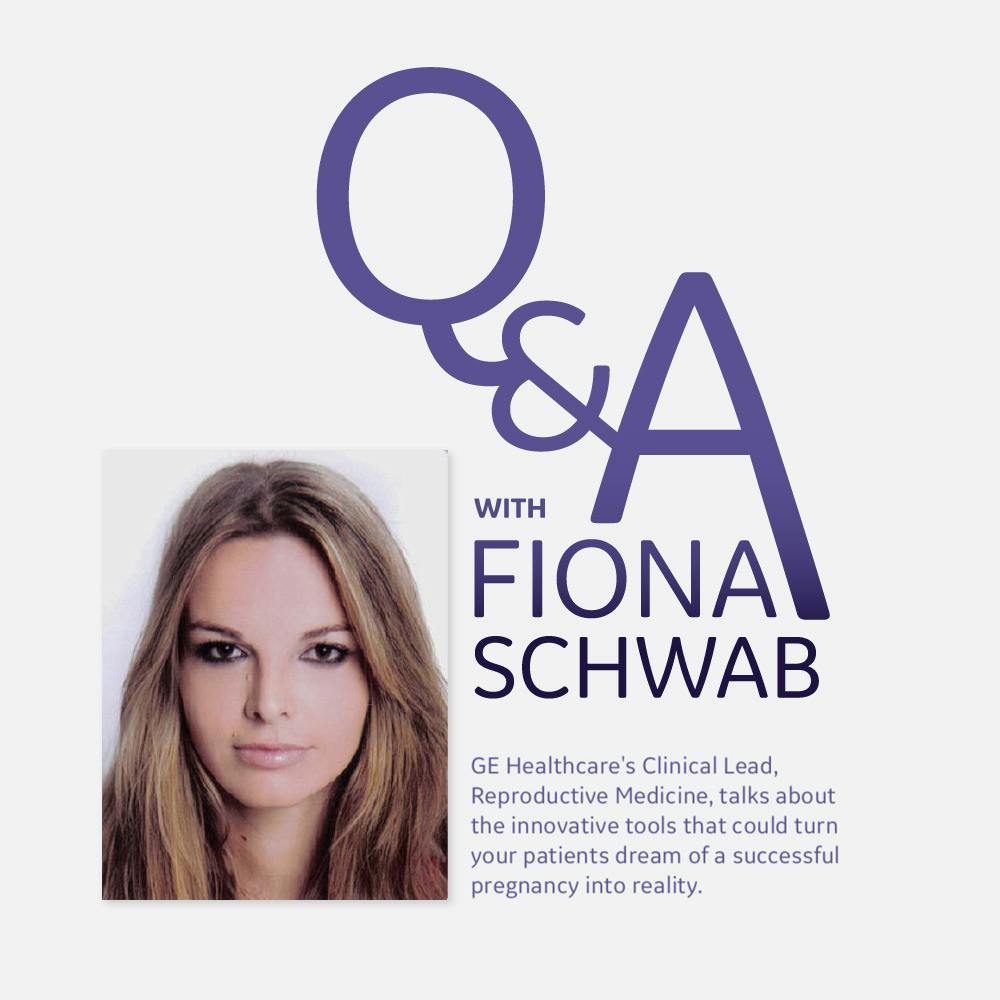Due to the high cost of in vitro fertilization (IVF), many couples or women who are unable to conceive a child naturally are faced with considerable debt in their quest to build a family. While some insurance companies pay for a portion of the costs, that is often limited and varies widely depending on whether regional regulations mandate this coverage. Additionally, women may not be eligible for IVF for various reasons, including age, body mass index and certain medical conditions.
Success Rates and IVF Cost
According to the Society for Assisted Reproductive Technology, healthy women generally have about a 20 percent chance of conceiving during any given month (depending on age), but the use of assisted reproductive technologies like IVF raises the possibility of a live birth per egg retrieval cycle to over 30 percent.
Self examined the costs of infertility treatments like IVF and found that the national average per round of IVF was $12,000 plus medications, additional tests and the eventual delivery. Couples and women interviewed by Self reported spending between $10,000 and $70,000 for IVF treatments; most of these people spoke of accumulating massive debt, exhausting their savings, borrowing from family and even forgoing the purchase of a home to pursue a successful pregnancy. Many couples are turning to crowdfunding sites such as GoFundMe, which told Self that around 2,500 IVF or infertility campaigns had been created in the past year.
Offering IVF for Less
The Wall Street Journal calls CNY Fertility Centers one of the most affordable fertility centers in the country. With four locations, this clinic increased its volume by accepting patients whom other centers refused to treat — and drastically lowered the cost of IVF. CNY offers IVF for $3,900, and the total costs including medications, testing and embryo transfers are still less than average IVF alone, at around $8,000.
Clinics like CNY are able to leverage their buying power, negotiating better prices on supplies and equipment such as ultrasound because of their volume. They also tend to have fewer physicians and more non-physician providers such as nurse practitioners, cutting costs even further. This type of clinic draws patients from a wider catchment area since the prices are substantially lower while the success rates remain on par with national averages.
For the average consumer, a 50-plus percent reduction in the costs of IVF is quite significant. Consider a woman over 40 who knows that her chances of achieving a successful pregnancy are only about 12 percent per IVF cycle. She may be able to save or borrow for a very limited number of cycles. The IVF cost difference in five cycles at a low-cost clinic versus one with average prices is around $40,000 to $60,000. This woman, who has been turned away by other clinics, knows what her chances are. She can commit to spending $40,000 much more easily than $80,000 to $100,000, which is out of most patients' reach.
Women and couples who have been unable to achieve a live birth are a niche but growing market, as many women are waiting until their careers are underway before starting a family. The CDC reports that 12.1 percent of women ages 15-44 are affected by impaired fertility. With the rising number of women who are delaying pregnancy, affordable fertility centers like CNY will have a growing population to serve.





